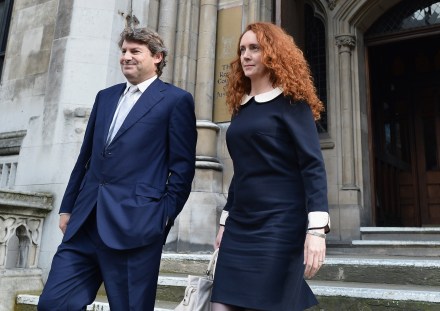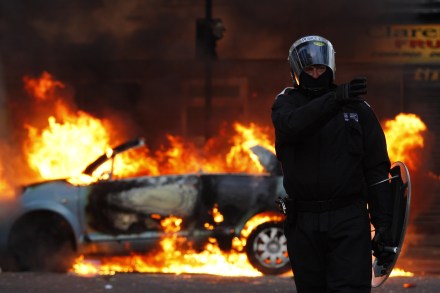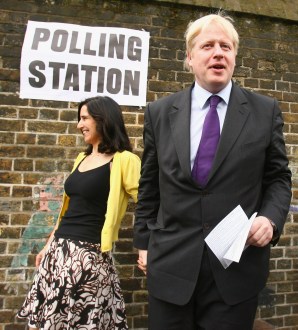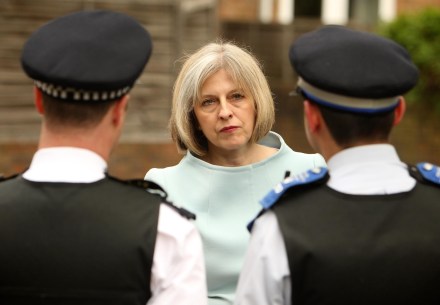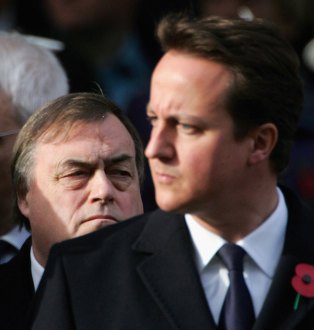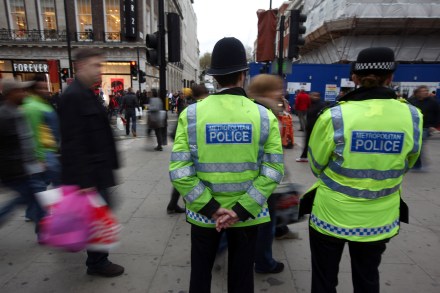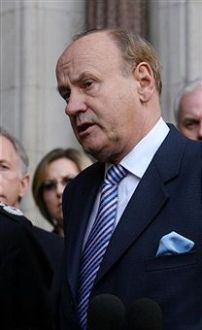Why we should trust trial by jury
The acquittal of PC Simon Harwood on Thursday for the manslaughter of Ian Tomlinson provoked a strong reaction in the press. Leading the charge, the Daily Mail’s headline summed up the mood: ‘Freed, the ‘thug in police uniform’: what jury weren’t told about the PC cleared of G20 killing.’ The criticism was aimed at not only Simon Harwood, but also the Metropolitan police for re-employing the officer with a string of complaints against him, and the court for not allowing evidence of his disciplinary record to go before the jury, the insinuation being that there must be something wrong with a trial process that keeps the jury in the dark about







